Staying Fit

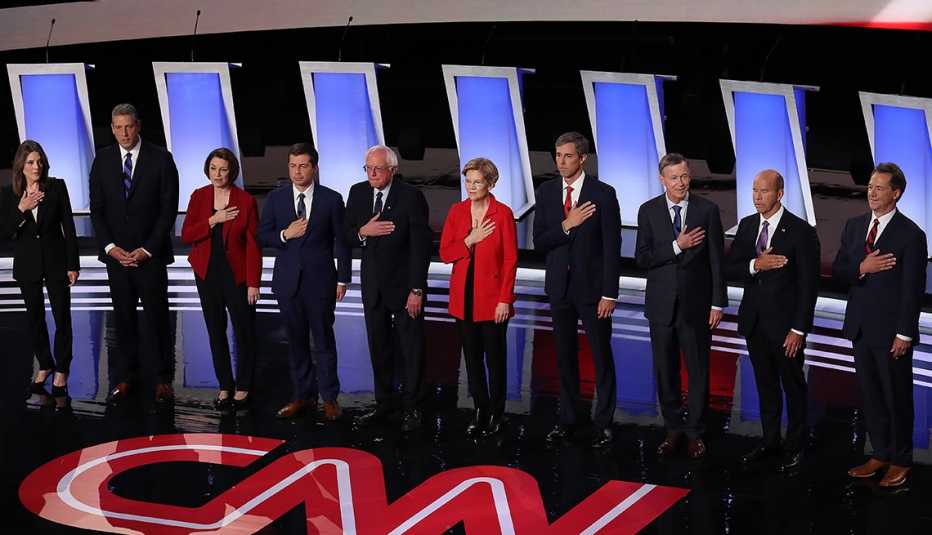
Ten Democrats who want to be the next president of the United States agreed on a debate stage in Detroit Tuesday night that all Americans should have affordable health care. But they disagreed on what's the best way to make that happen.
The division among Democrats who want to fix or augment private health insurance with a public option and those who favor scrapping private plans while creating a government-run system reflects the divided sentiments of many Americans on this issue. A July health care public opinion survey by the nonpartisan Kaiser Family Foundation found that 83 percent of Americans have a positive opinion of Medicare and at the same time 76 percent of Americans support employer-sponsored private insurance. This new poll also illustrated how the public is divided on Medicare-for-all with 51 percent supporting such a system.


AARP Membership— $12 for your first year when you sign up for Automatic Renewal
Get instant access to members-only products and hundreds of discounts, a free second membership, and a subscription to AARP the Magazine.
Sens. Bernie Sanders and Elizabeth Warren both want to do away with private insurance and replace it with a government-run single payer system and their plan dominated discussion at the beginning of the debate.
"As people talk about having insurance, there are millions of people who have insurance, they can't go to the doctor, and when they come out of the hospital, they go bankrupt,” said Sanders, who authored the Medicare-for-all bill now in Congress. “Nobody can defend the dysfunctionality of the current system."
Warren took aim at insurance companies. “The basic profit model of an insurance company is taking as much money as you can in premiums and pay out as little as possible in health care coverage,” Warren said. “That is not working for Americans."
Marianne Williamson, who previously has said that she supports Medicare-for-all, said she was concerned that embracing that plan “will make it harder to win” the presidency in 2020.
The other Democratic hopefuls challenged the Medicare-for-all proposal, arguing that it is unrealistic to make such a massive change and that millions of Americans like their employer-sponsored health care and shouldn't be forced to give it up.





























































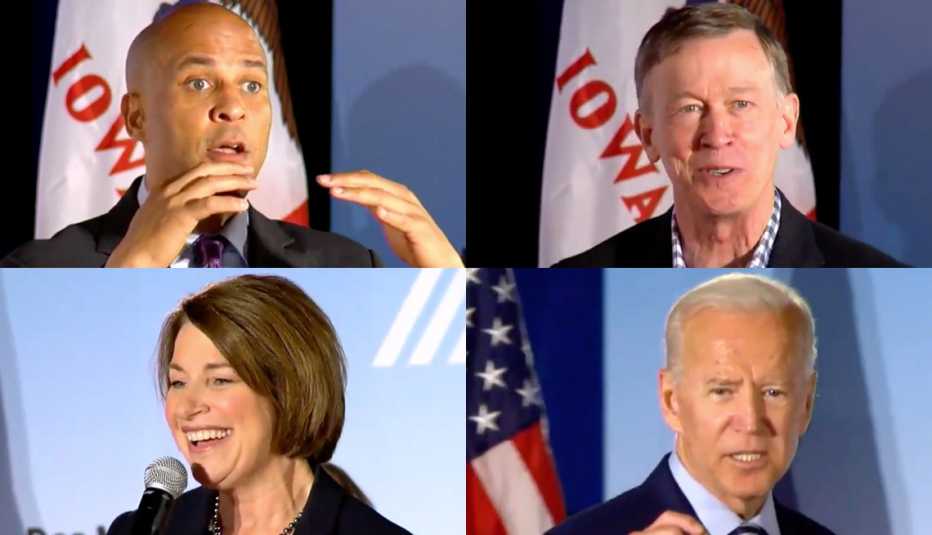
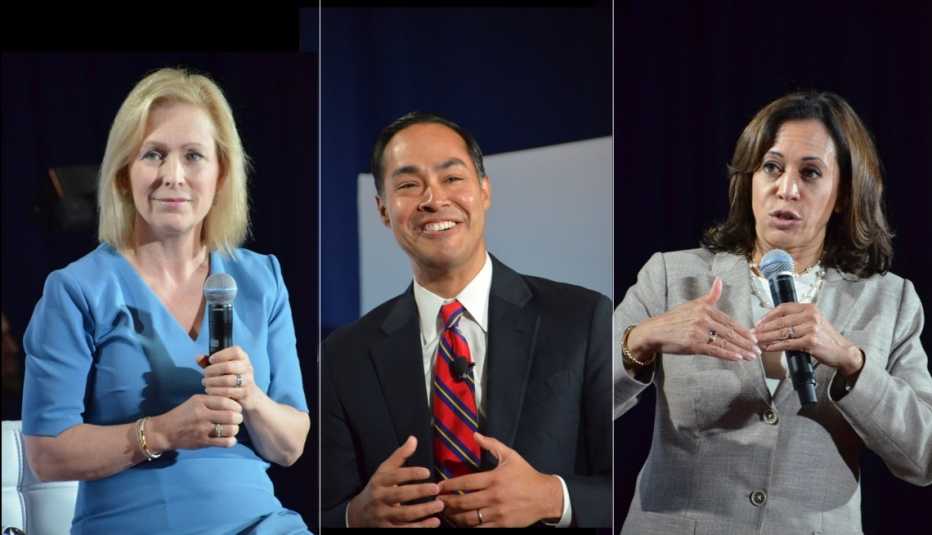
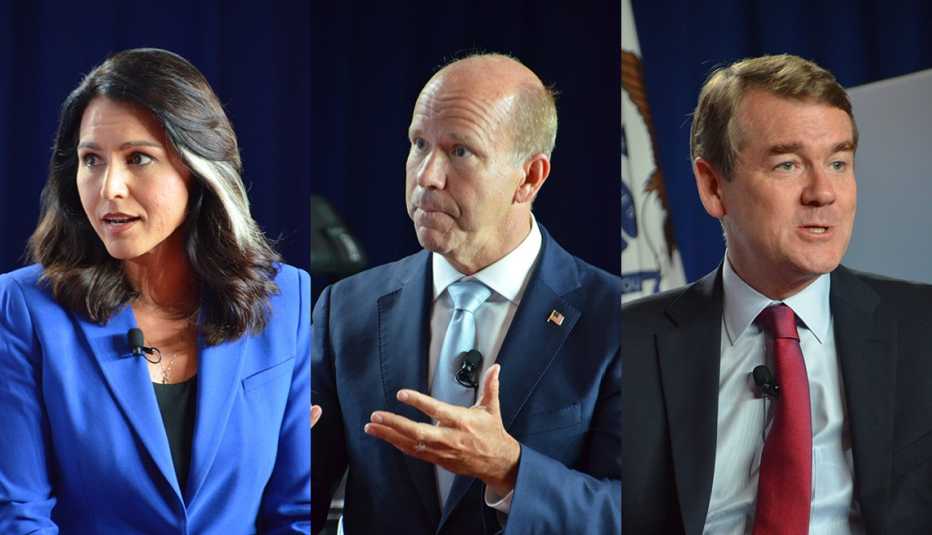
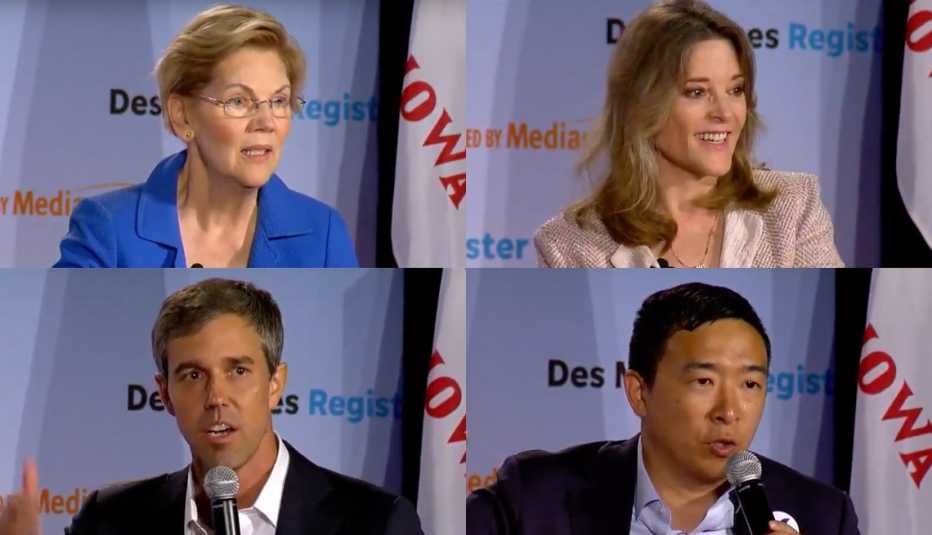
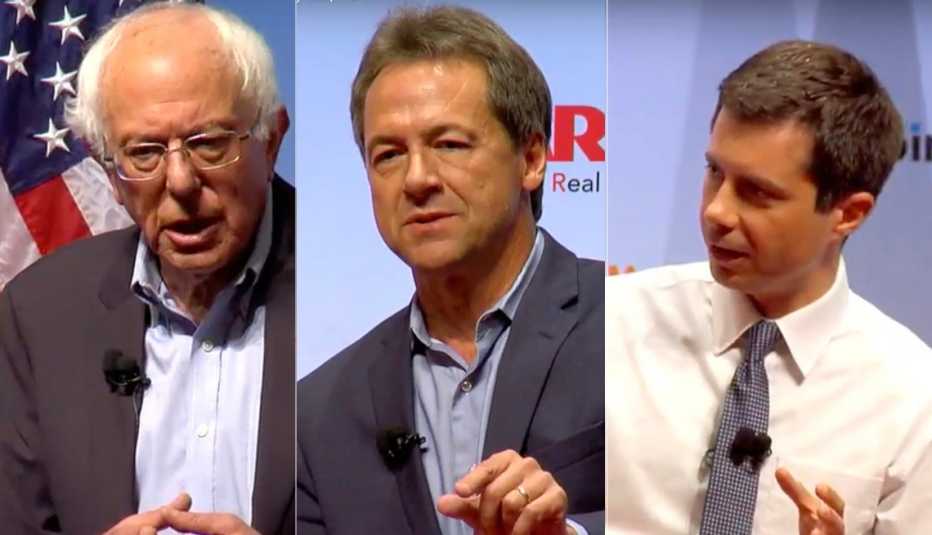




More on politics-society
Get Yourself Ready for the 2020 Election
Expect rough-and-tumble campaigns in which issues take a back seat and social media dominates